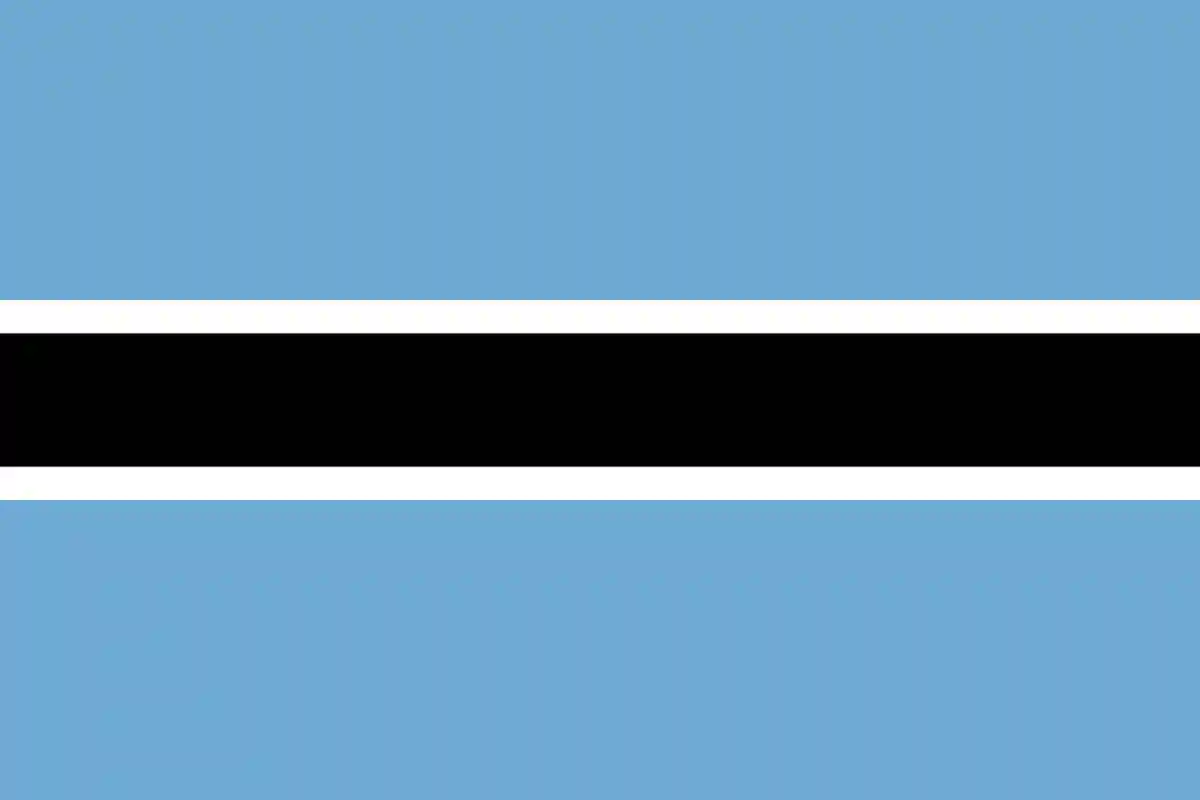Up to 1 million eligible voters in Botswana are set to participate in a tense general election on Wednesday, 30 October 2024.
Botswana is known as Africa’s longest-serving democracy and one of the continent’s most stable countries, having peacefully transitioned power in all elections since gaining independence from Britain in the 1960s.
However, election observer Tendai Mbanje of the African Centre for Governance Election Observation told Al Jazeera that there are fears of potential post-election violence due to increased political competition and shifting political dynamics
Botswana operates an indirect election system where voters elect members of parliament. The leader of the governing party is appointed as president after the vote count.
Voters will elect 61 members of the National Assembly and 609 local council seats across 16 local authorities, using a first-past-the-post or preferential voting system.
Botswana is a multi-party state, but the ruling Botswana Democratic Party (BDP) has dominated elections since 1969.
The BDP secured 38 of 57 seats in the 2019 election and is expected to perform strongly again in this election.
Who is running?
President Mokgweetsi Masisi
Representing the BDP, Masisi is running for another term at 63. Despite internal frictions, the BDP remains strong in rural areas and among the Tswana-majority.
Masisi, initially handpicked by former President Ian Khama, fell out with him after taking office in 2018, leading to Khama’s exit from the party.
Masisi’s term has been marked by internal party conflicts and economic challenges, including rising inflation and unemployment due to a global diamond price downturn. Internationally, his stance on elephant hunting has been controversial.
Despite these issues, he renegotiated a favourable diamond agreement with De Beers. While Botswana has a history of peaceful elections, there are concerns about post-election tensions due to internal party struggles and dissatisfaction with Masisi’s economic policies.
Duma Boko
The 54-year-old lawyer leads a coalition of opposition parties under the Umbrella for Democratic Change (UDC). In 2019, the UDC significantly challenged the BDP, securing second place with 15 seats.
Boko remains the biggest threat to Masisi, as the usually weak Botswana opposition gains popularity.
Some local analysts speculate that the election result might be too close to call, although opinions vary.
Boko’s UDC is promising more lucrative jobs for young people and has tried to attract voters with the promise of government stipends.
Dumelang Saleshando
Saleshando, 53, leads the Botswana Congress Party (BCP), one of the main opposition parties. In previous elections, the BCP has secured between 10-20 per cent of the vote.
The party has pledged to “save Botswana” and aims to raise the average monthly living wage to 4,000 pula ($299) by 2029, up from the current 1,500 pula ($112).
Mephato Reatile
Reatile leads the Botswana Patriotic Front, a relatively new party with only four members in parliament. The party was formed by followers of ex-President Khama after he departed from the BDP.
Khama returned from a three-year self-imposed exile in South Africa this September to support the party, aiming to unseat the BDP and his rival, Masisi, which has heightened election tensions.
Upon his return, Khama also faced court charges for illegal gun possession and money laundering, adding to the controversy.
More: Pindula News

